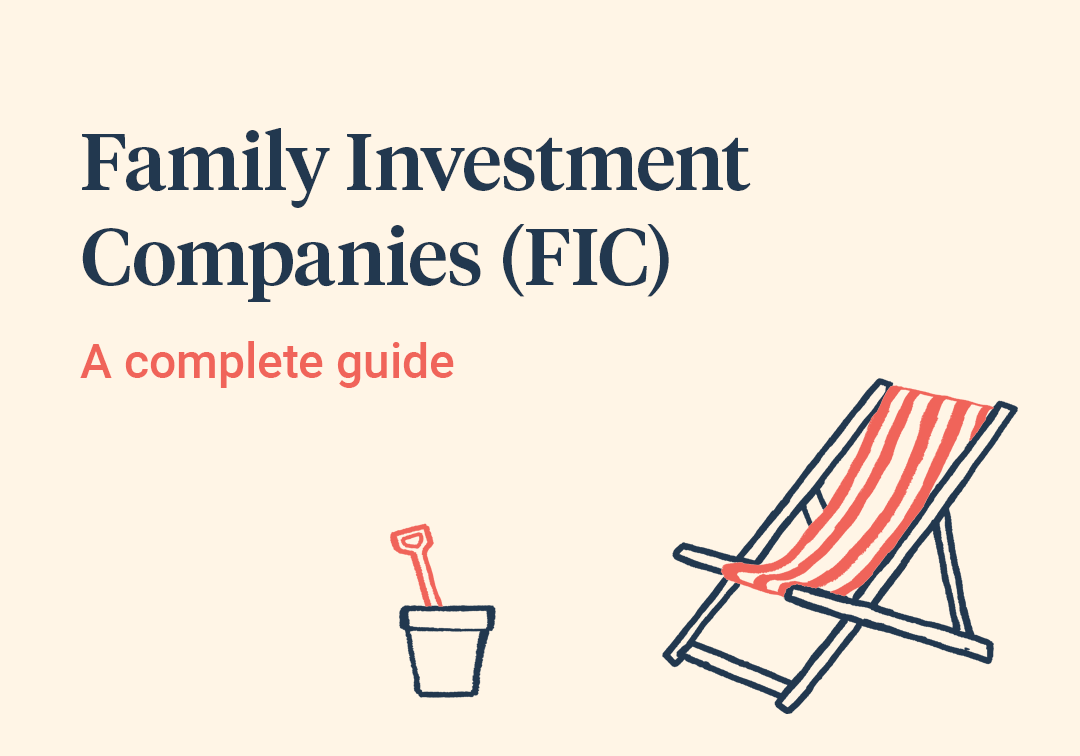The hardest part of financial planning is knowing how to get started!
“How much should I put into my pension?”
“How do I use an ISA effectively?”
“How do I invest?”
These are just a few of the questions people ask themselves as they consider approaching financial planning for the first time. As a result, the majority of people simply end up feeling overwhelmed and fail to take that first important step to get them going on a path to financial freedom.
Trying to answer every question at once, will generally result in you shoving all of your paperwork back into a drawer and deciding to return to it ‘next year’. Unfortunately, ‘next year’ becomes the year after next, followed by the year after that and, before you know it, retirement will be at your door step.
Do you need help with your financial planning?
Our advisers can create a financial plan to help you achieve your financial goals, whether it’s a comfortable retirement, improving your tax position or passing on your wealth. Get in touch to discuss how we can help you.

One simple first step to get your financial planning started
Luckily, to help overcome this financial mountain, you only need to focus on one golden first step. To get started you simply need to create a budget – do this and the rest will begin falling into place.
Yes, budgeting may sound a bit dull but, in reality, it’s quite the opposite. Contrary to popular belief, budgets aren’t actually about limiting our spending. A budget is a tool that allows you to pay for all of the things you enjoy in life and acquire investments that will provide for your future plans.
How most people save
32% of adults in the UK have no savings at all. Research focusing on behavioural economics and our day-to-day spending habits sheds some light as to why: In the UK, the most commonly adopted approach to saving is to spend our earned income first and then save what’s leftover at the end of the month. This habit naturally causes us to spend more, since the money is there to be spent.
Creating your budget
Budgeting allows us to flip this behaviour on its head.
Start by adding up all your fixed monthly outgoings such as gas and electric, water, your mobile phone bill, broadband and any subscriptions. Secondly, add in your more predictable, variable expenditures like the monthly food bill or dinners out twice a month. Once you have totalled these, you can then subtract this from your monthly income. The final balance should provide a clear estimate as to how much money you will have left over each month.
This leftover balance will open the door to financial planning and allow you to ‘pay yourself first.’
How to pay yourself first
So what on earth am I going on about? Well, now you know the spare capital you should have available every month, you can set up a direct debit to pay into your savings, ISA or pension at the start of the month. The first thing that happens to your monthly income is that a portion is invested, or saved, for you; your goals; your future – you ‘pay yourself first’ and then spend what’s left over.
How much do you need to retire and more…

How much income do you need to be comfortable, how much do you need invested and how to pay less tax...
What’s next?
I guarantee that simply by making this small, habitual change, you will begin saving and investing far more, whilst feeling little impact on your current spending. Stop getting bogged down and pause before putting that paperwork in the drawer. Instead, take a deep breath and begin your financial planning with this first, simple step.
Create your budget and start planning for your future today…
Do you need help with your financial planning?
Our advisers can create a financial plan to help you achieve your financial goals, whether it’s a comfortable retirement, improving your tax position or passing on your wealth. Get in touch to discuss how we can help you.

Article sources
Editorial policy
All authors have considerable industry expertise and specific knowledge on any given topic. All pieces are reviewed by an additional qualified financial specialist to ensure objectivity and accuracy to the best of our ability. All reviewer’s qualifications are from leading industry bodies. Where possible we use primary sources to support our work. These can include white papers, government sources and data, original reports and interviews or articles from other industry experts. We also reference research from other reputable financial planning and investment management firms where appropriate.
Saltus Financial Planning Ltd is authorised and regulated by the Financial Conduct Authority. Information is correct to the best of our understanding as at the date of publication. Nothing within this content is intended as, or can be relied upon, as financial advice. Capital is at risk. You may get back less than you invested. Tax rules may change and the value of tax reliefs depends on your individual circumstances.
About Saltus?
Find out more about our award-winning wealth management services…
Winner
Best Wealth Manager
Winner
Investment Performance: Cautious Portfolios
Winner
Top 100 Fund Selectors 2024
Winner
Best Places to Work 2024
£8bn+
assets under advice
20
years working with clients
350+
employees
97%
client retention rate


